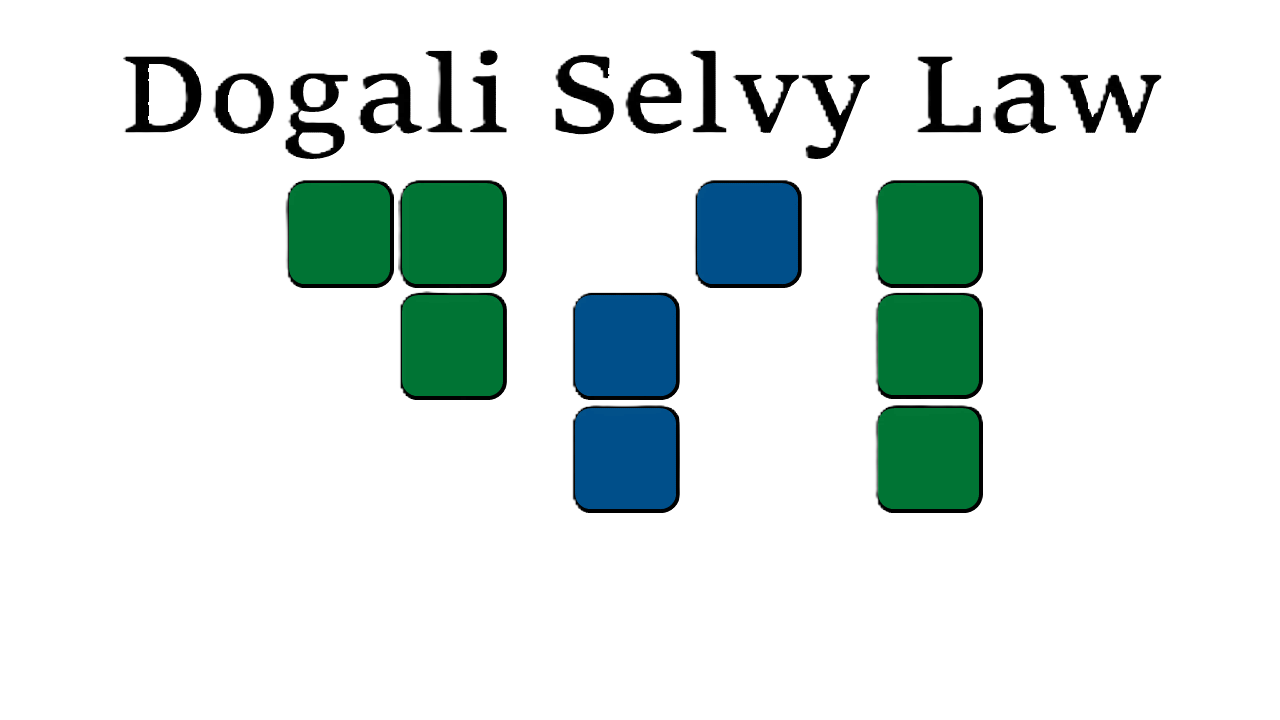
ADA AND DISABILITIES DISCRIMINATION
The Americans with Disabilities Act
Since its enactment in 1990, the Americans with Disabilities Act (ADA), persons with disabilities have been entitled to important and precious protection against discrimination. The attorneys of Dogali Selvy have represented both plaintiffs and defendants in a broad array of ADA cases.
The ADA guarantees equal access for, and prohibits discrimination against, persons with disabilities in all types of private and public facilities and places of employment, and in connection with all types of services, transportation, and telecommunications.
A disabled person is someone who has a physical or mental impairment that substantially limits their ability to perform one or more major life activities. Examples of major life activities include breathing, walking, talking, hearing, seeing, sleeping, caring for one’s self, performing manual tasks, and working, and also body functionality, such as immune system functions, normal cell growth, digestive, bowel, bladder, neurological, brain, respiratory, circulatory, endocrine, and reproductive functions. Impairments can be openly visible, as might be the case with amputees, or they can be invisible, as might be the case for persons with mental disorders or suffering from post-traumatic stress disorder.
A person is also protected under the ADA if they have a history of disability or if they are regarded as having a disability. Examples include someone with a family history of heart disease or cancer, a person who is HIV-positive, or an individual with a prosthesis. Employers may view such people as less competent, dangerous to themselves or others, or simply more difficult to work with. The purpose of the ADA is to prevent or remedy unlawful discrimination based on such unfounded fears or stereotypes.
In 2008 the Americans with Disabilities Act Amendments Act (ADAAA) became law. ADAAA made clear that the definition of disability is to be construed broadly in favor of coverage.

Additional Laws and Protections
For disabled Floridians, the Florida Civil Rights Act (FCRA) reinforces the ADA. The two laws are very similar, though some distinctions exist. For example, the FCRA contains more specific provisions protecting disabled persons with service dogs and other service animals, particularly in housing.
The federal Fair Housing Act (FHA) and the Florida Fair Housing Act (FFHA) provide specific and broad protections for persons with disabilities in relation to the purchase, rental or financing of housing.
The federal Individuals with Disabilities Education Act (IDEA), which is largely implemented through state regulation, provides important rights for persons with disabilities in the area of education, including protection against discrimination.
